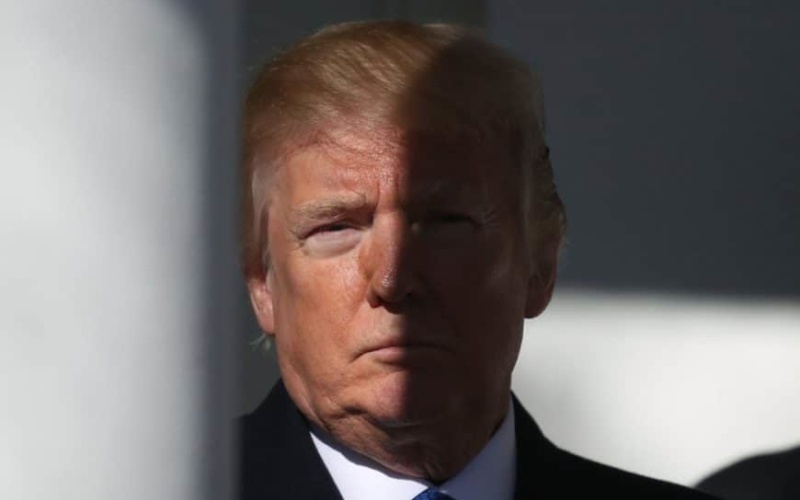With the words “impeachment”, “collusion”, and “hush money” hovering around Donald Trump, can we look to the past for guidance on the final stop in Trump-Land?
Anouska Raval writes for the Social Sciences Birmingham Forum:
While there is not a simple equation to predict what will happen in the months to come, US history can help untangle some of the complexity around Donald Trump’s possible impeachment. The actions of the President matter, but the context in which these actions take place carries significant weight as well. Approval ratings and the role of the public, as well as any Presidential attempts to hide illicit actions, will contribute to the outcome.
From Johnson to Clinton
Only three US Presidents have been subject to impeachment proceedings: Andrew Johnson, Richard Nixon and Bill Clinton, with Nixon resigning before he could be impeached by the House of Representatives. Clinton and Johnson escaped conviction by the Senate, the latter by a single vote.
From allegations of hush money to conceal sexual affairs from public knowledge to claims of illicit campaign funding and obstruction of justice, the current White House offers similarities, even as Trump frequently lies or issues denials despite being implicated. When these lies and denials are confronted by facts, Trump will reverse or amend his statements, often over Twitter).
Not dissimilarly, the Executive Office approved the planning and funding of Nixon’s re-election campaigns that contributed to the Watergate break-in. In the case of Clinton’s affair with intern Monica Lewinsky, the President was allegedly part of the cover-up — Clinton was not impeached on the grounds of having an affair, but was charged with obstruction of justice and perjury.
Trump walks the same path when he purges and threatens members of his administration to stem the Russia investigation. From the firing of FBI Director James Comey to reported pressure on Attorney General Jeff Sessions, Deputy Attorney Rod Rosenstein, and White House lawyer Don McGahn, Trump may be accused of hindering legal proceedings whilst protesting daily that he is innocent with “nothing to hide”.
Do Ratings Matter?
While legal jargon and procedure dominates much of the proceedings, what the public thinks is still of significance.
For Clinton, public approval ratings rose during the Lewinsky scandal, remaining favorable towards him until he finished his second term. In stark contrast, approval ratings for Nixon declined steeply by the end of the Watergate scandal. Trump’s approval ratings have remained steady — albeit at a historically-low level — throughout his Presidency.
Polarization in US politics and the salvation — for now — of economic growth make it even more difficult to predict Trump’s fate. With November’s mid-term elections imminent, the role of the public remains important in determining whether impeachment will be on the cards, and how quickly Trump is brought to the stand.
Much of the case built against Trump will depend on further evidence. The co-operation with the Mueller investigation of White House lawyer Don McGahn and former long-time Trump lawyer Michael Cohen, and now the revelation that former Trump campaign manager Paul Manafort has “flipped”, are signs that this evidence is still begin accumlated.
With McGahn’s co-operation in the Mueller Investigation, recent progress is heartening, however there is still much to be done. Elizabeth Holtzman, a Congresswoman during Watergate, notes the lesson for today:
Overly simplistic parallels and comparisons will not build a case against Trump. But the continuation of a thorough investigation, and the outcome of the upcoming mid-terms, might offer clarity on his fate.

